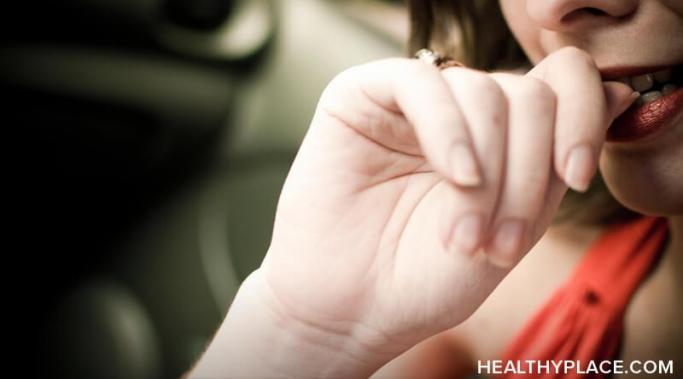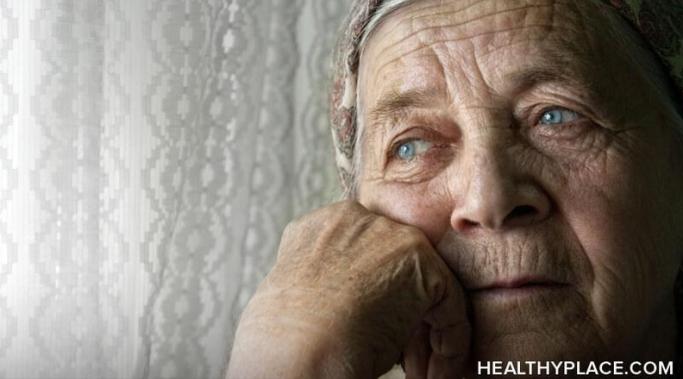Blogs
Binge eating at night is a problem for just about everyone who has the luxury of steady access to food, whether they are in eating disorder recovery or not. However, for those of us in recovery, these nighttime binges can be detrimental to our progress.
Behavioral change isn't the only change needed in recovery from mental illness, but it is a key part of feeling better and living the life you want to live. But it is so incredibly hard. I recently had a frustrating, but productive, conversation with my therapist about how I need to start making behavioral changes if I want to keep improving my mental health, and the reason it was so frustrating is because I have never known how to change my behavior.
Let's face it -- anxiety does not exactly go hand-in-hand with confidence, high self-esteem, and security. I have always found that when I am anxious, I feel less confident, and vice-versa. Now that I reflect on when I was younger, any lack of confidence and insecurity I felt were often associated with my anxiety.
Many self-harm stereotypes are linked to immaturity. The common misconception is that if you self-injure, you must be a teenager or going through a phase. Nothing could be further from the truth, and we mustn't forget that self-harm is also prevalent in older adults.
Mental health stigma is easier than compassion for those who struggle with mental health issues. Have you ever thought about how easily people seem to stigmatize others for their mental health struggles? The words are part of commonplace conversation and the way people with mental illness are treated is almost commonplace behavior. It doesn't take effort to participate in stigma.
How often have you tried to lean into your anxiety? If you're like me, you've probably tried at one time or another to avoid anxiety as much as you possibly could. Unfortunately, trying to avoid anxiety tends to perpetuate it rather than relieving it. This conundrum has perplexed me many times in my own life, and I'm guessing you've experienced the same challenge.
At one time, I was obsessed with my own suicide. This isn't a particularly pleasant admission or memory, but it's true. Thoughts of suicide would run through my head every single day. And to be clear, this suicide obsession, wasn't simple teen ennui or just mere "thoughts" that were transienty. It was very distressing and mostly out of my control.
Would I have developed schizoaffective disorder if I had gone to The School of the Art Institute of Chicago (SAIC) right out of high school instead of starting at the Rhode Island School of Design (RISD)? Even though I transferred to SAIC from RISD in the middle of my sophomore year, I seem to love to torment myself with this question. I know, deep down, that I probably would have developed the illness anyway.
Self-neglect and self-harm may not be the same thing, but there is certainly some overlap. What drives people to hurt themselves may also drive them to deprive themselves of the basic care and comfort we all deserve and need in order to thrive.
The body holds a great deal of anxiety. Anxiety is all-encompassing and takes place in the body as much as in the brain and mind. This means, of course, that we are susceptible to a host of anxiety symptoms from head to toe: racing thoughts and worries, roiling emotions, and physical sensations that make us anywhere from uncomfortable to ill. As annoying as this is, we can use it to our advantage, using our body to quiet our anxious mind.









